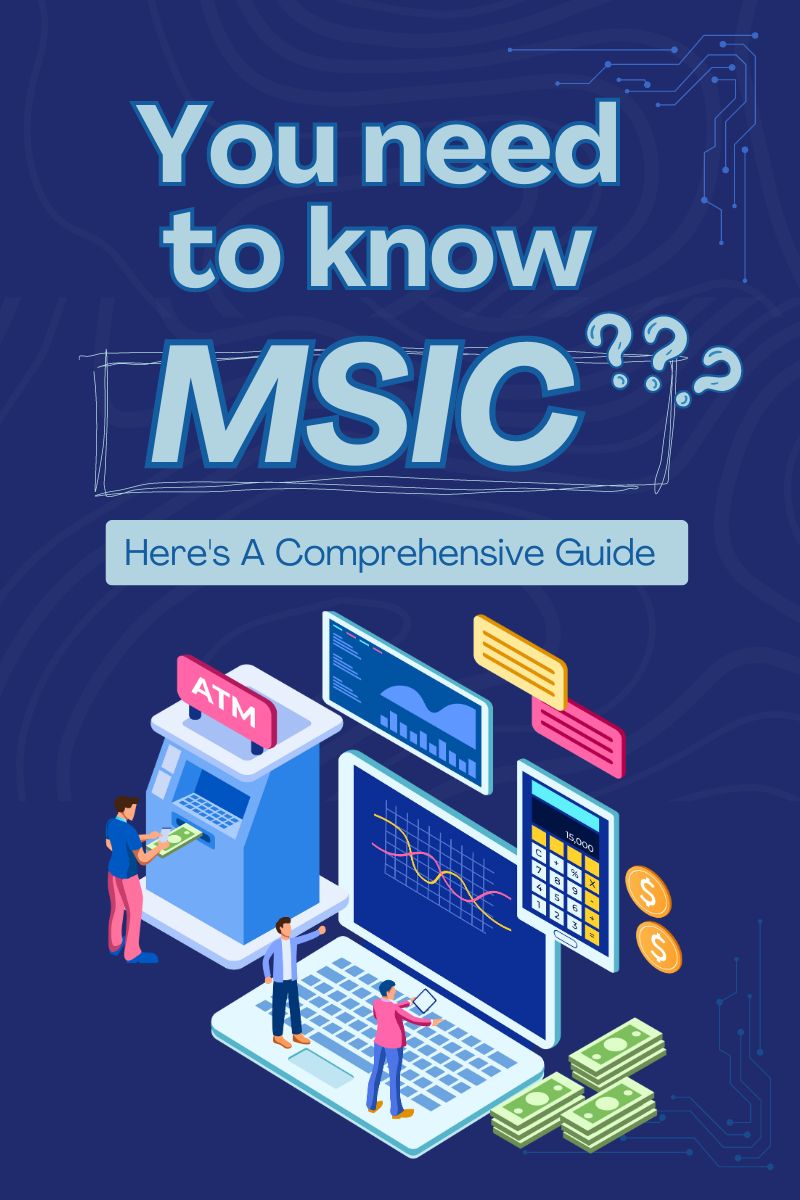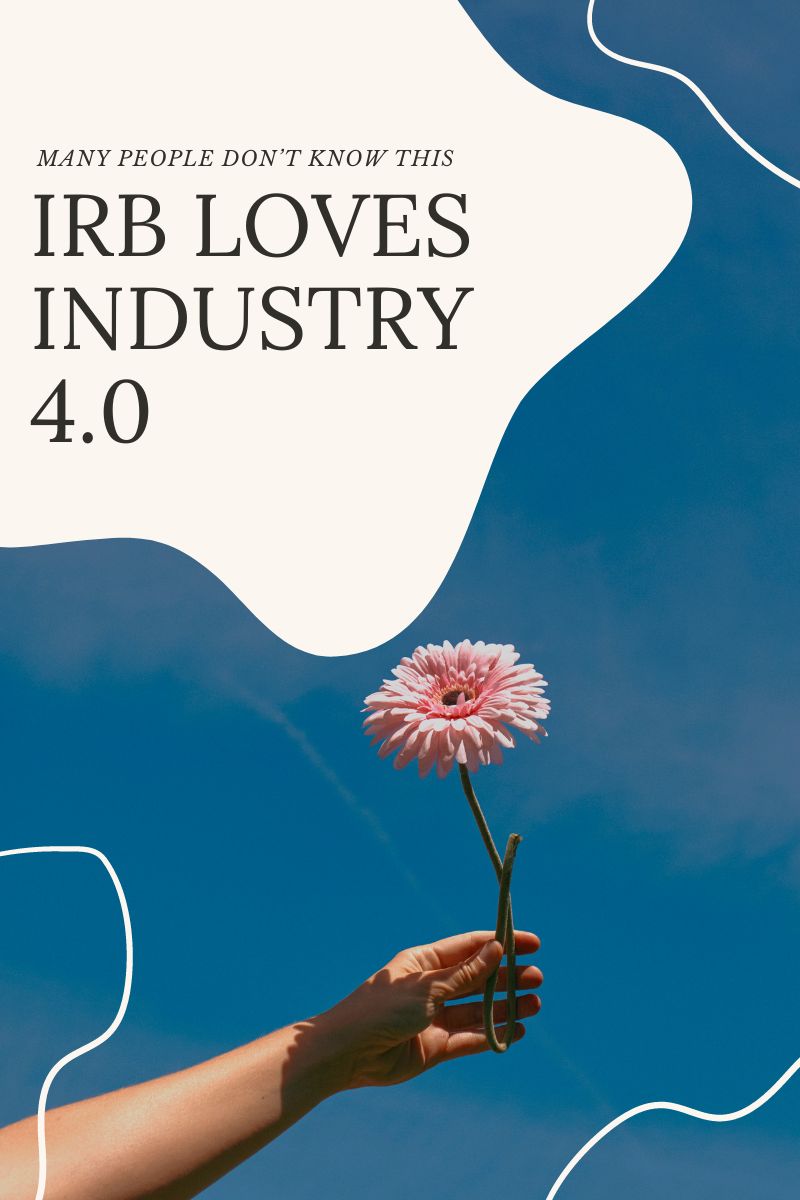With the current economic condition, property owners are eager to sell their property before moratorium ends. Are you ?
Despite Penjana provides the exemptions, lawyers advice to halt the S&P since the gazette order are not published. Good news, the RPGT gazette order has been published.
Here’s a recap of the 3 changes you need to take into account!
1. Exemption on RPGT
From 1st June 2020 to 31st December 2021, the gains arising from disposing residential property is now exempted for all Malaysian citizens.
However, it is unclear if Malaysian PRs are included. Foreigners and companies appear to be clearly excluded.
Important : This RPGT exemption is limited to the disposal of 3 units of residential property per individual during June to December 2021.
Source : PU(A) 218/2020 [RPGT (Exemption) Order 2020]
2. Stamp Duty Exemption
Stamp duty exemptions are granted for instruments of transfer (partial exemption) and loan agreements (full exemption) for sale and purchase agreements signed between 1st June 2020 until 31st May 2021.
The reintroduction of the Home Ownership Campaign (HOC) for 2020 provides a partial exemption of the stamp duty for residential properties priced between RM 300,000 to RM 2,500,000 (before this it is 10% discount), subject to at least 10% discount provided by the Developer.
The stamp duty exemption on the instrument of transfer is limited to the first RM 1,000,000 of the home price (which translates to a maximum stamp duty saving of RM 24,000 for a property priced at RM 1 million), while full stamp duty exemption is given to the loan agreement. However, do be reminded that stamp duty of 4% will likely still apply to amounts above RM 1 million.
Subject to the actual wording of gazetted legislation, it is yet to be confirmed whether the other criteria in the HOC 2019 will continue to apply for HOC 2020.
Source : PU(A) 216/2020 [Stamp Duty (Exemption)(No. 4) Order 2020] , PU(A) 217/2020 [Stamp Duty (Exemption) (No. 4) Order 2020]
3. Margin of Finance for 3rd Property
The 70% margin of financing limit that was applicable for 3rd residential property valued at RM 600,000 and above will be uplifted.
It is said that banks are fairly strict on loan approval, therefore it still falls back to internal risk management and assessment of the respective banks.
Source : Donovan & Ho (BD), Deloitte, WanConnect, NST
All the best with your Property Deal.










